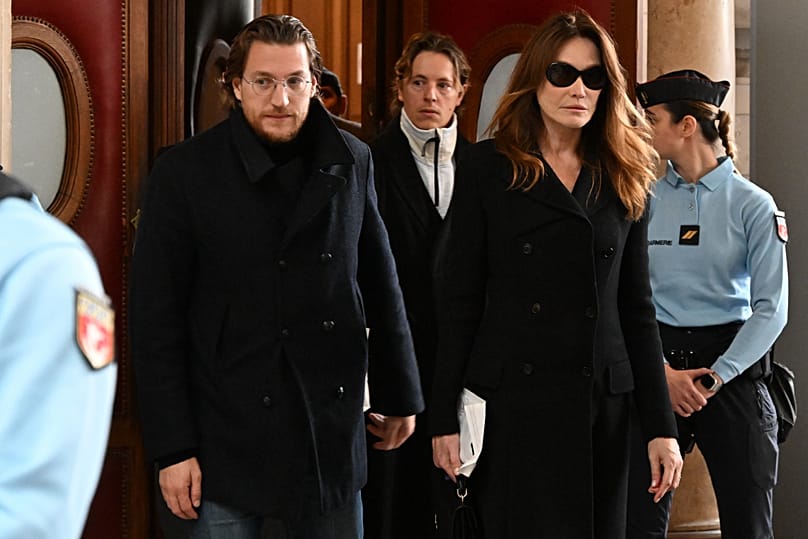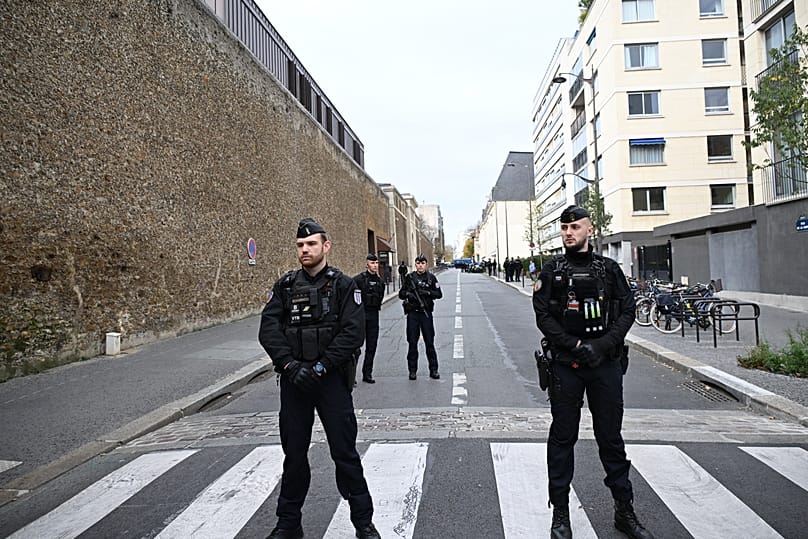Sarkozy became the first former French head of state in modern times to be sent to prison after his conviction for criminal conspiracy on 25 September.
France's former President Nicolas Sarkozy was released from a Paris prison on Monday after an appeals court granted him release under judicial supervision, less than three weeks after he began serving a five-year sentence for criminal conspiracy in a scheme to finance his 2007 election campaign with funds from Libya.
Sarkozy was seen arriving at his home in western Paris soon after his car left the French capital's La Santé prison.
The former president, 70, is banned from leaving the territory of France and from being in touch with key people including co-defendants and witnesses in the case, the court said.
An appeals trial is expected to take place at a later date, possibly in the spring.
Sarkozy, 70, became the first former French head of state in modern times to be sent to prison after his conviction on 25 September.
He was jailed on 21 October pending appeal but immediately filed for early release. He denies any wrongdoing.
During Monday's hearing, Sarkozy, speaking from Paris' La Santé prison via video conference, argued he has always met all justice requirements.
"I had never imagined I would experience prison at 70. This ordeal was imposed on me and I lived through it. It’s hard, very hard," he said.
Sarkozy also paid tribute to prison staff who he said helped him through "this nightmare."
Sarkozy's wife, supermodel-turned-singer Carla Bruni-Sarkozy, and two of his sons attended the hearing at the Paris courthouse.
The Monday proceedings did not involve the motives for the sentencing. Sarkozy still told the court he never asked Libya's longtime ruler Muammar Gaddafi for any financing.
"I will never admit something I didn't do," he said.
Under French law, release is the general rule pending appeal, while detention remains the exception.
Judges will weigh whether Sarkozy presents a flight risk, might pressure witnesses or could obstruct justice.
The former French president, who was in office from 2007 to 2012, faces separate proceedings, including a 26 November ruling by France's highest court over illegal financing of his failed 2012 re-election bid and an ongoing investigation into alleged witness tampering in the Libya case.
In 2023, he was found guilty of corruption and influence peddling for trying to bribe a magistrate in exchange for information about a legal case in which he was implicated. France's highest court, the Court of Cassation, later upheld the verdict.













